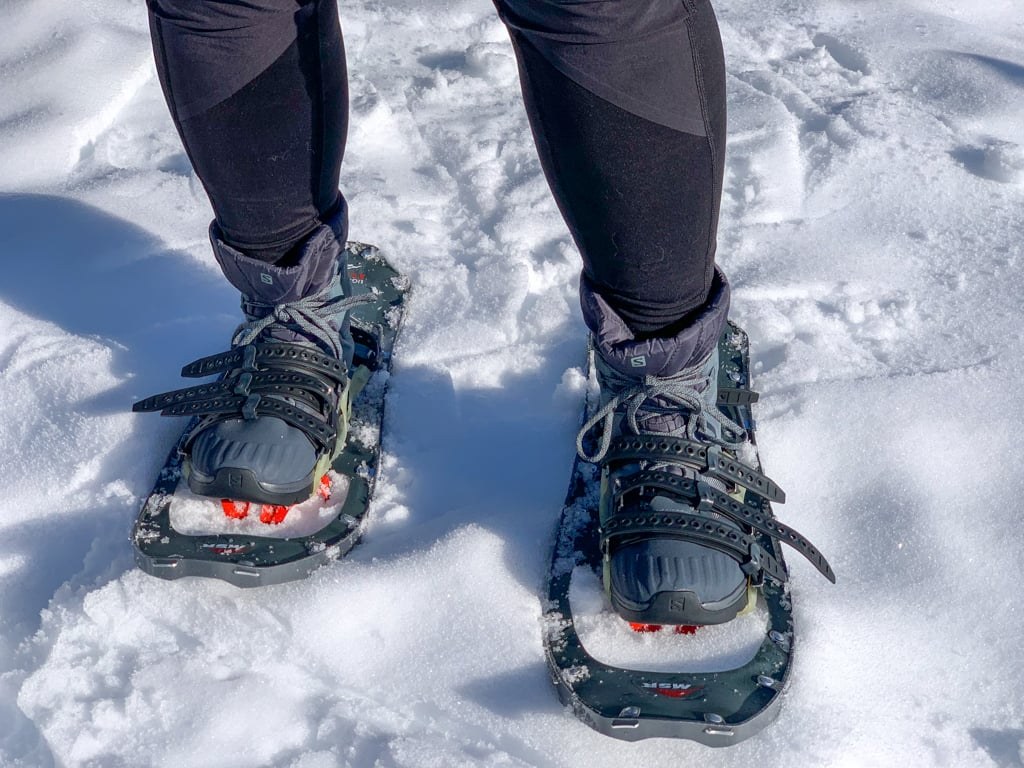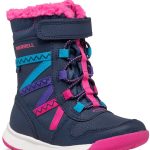Unlock The Adventure: Discover If Snow Boots Can Be Used For Hiking!
Can Snow Boots Be Used for Hiking?
Introduction
Hello, Boots Enthusiast! Today, we will explore the topic of whether snow boots can be used for hiking. As winter approaches, many outdoor enthusiasts are wondering if their trusty snow boots can double as hiking boots. In this article, we will delve into the advantages, disadvantages, and considerations of using snow boots for hiking. So, if you’re planning on hitting the trails this winter, keep reading to find out if your snow boots are up to the task!
2 Picture Gallery: Unlock The Adventure: Discover If Snow Boots Can Be Used For Hiking!
What Are Snow Boots?
Snow boots are footwear specifically designed to provide warmth, traction, and protection in snowy and cold conditions. They are typically insulated, waterproof, and have a high shaft to keep feet dry and warm. Snow boots are popular among winter sports enthusiasts and those who live in regions with heavy snowfall.
Who Should Consider Using Snow Boots for Hiking?

Image Source: amazonaws.com
Snow boots can be a suitable option for hikers who primarily tackle snowy and icy trails. If you enjoy winter hiking or live in an area with persistent snow cover, using snow boots can offer the necessary warmth and traction. Additionally, if you already own snow boots and want to maximize their usage, trying them out on hiking trails can be a practical choice.
When Is It Appropriate to Use Snow Boots for Hiking?
Using snow boots for hiking is most appropriate during winter or in regions with heavy snowfall. The insulation and waterproof features of snow boots make them ideal for traversing snowy and icy terrain. However, it’s important to consider the specific conditions of the hiking trail, as well as any potential changes in weather, before opting for snow boots.
Where Can Snow Boots Be Used for Hiking?

Image Source: happiestoutdoors.ca
Snow boots can be used for hiking in various winter landscapes, such as snowy mountains, frozen lakeshores, or icy forests. They provide excellent traction on slippery surfaces, allowing hikers to confidently navigate through challenging terrains. However, it’s essential to assess the trail’s difficulty level and consult with experienced hikers or local guides to ensure the suitability of snow boots.
Why Choose Snow Boots for Hiking?
The primary advantage of using snow boots for hiking is their ability to provide warmth and protection in cold and snowy conditions. The insulation and waterproof properties keep your feet dry and comfortable, preventing frostbite and other weather-related injuries. Additionally, snow boots offer superior traction, thanks to their specialized outsoles and grip-enhancing features.
How to Use Snow Boots for Hiking?
When using snow boots for hiking, it’s crucial to consider a few factors. Firstly, make sure the boots are properly fitted and provide ample ankle support to prevent injuries. Layering socks can help regulate foot temperature and improve comfort. Additionally, it’s advisable to break in the boots before embarking on a long hike to avoid blisters and discomfort.
Advantages of Using Snow Boots for Hiking
1. Excellent insulation: Snow boots keep your feet warm and protected from the cold winter temperatures.
2. Waterproof: They provide excellent water resistance, keeping your feet dry in wet and snowy conditions.
3. Superior traction: Snow boots are designed with specialized outsoles that offer exceptional grip on icy surfaces.
4. Durability: Snow boots are built to withstand harsh winter conditions and are typically more robust than regular hiking boots.
5. Versatility: Snow boots can be used for various winter activities, including hiking, snowshoeing, and winter camping.
Disadvantages of Using Snow Boots for Hiking
1. Limited breathability: The insulation and waterproof features of snow boots can cause excessive sweating and discomfort during intense physical activity.
2. Heavier weight: Snow boots tend to be heavier than traditional hiking boots, which may affect agility and overall hiking performance.
3. Lack of ankle flexibility: The high shaft of snow boots restricts ankle movement, potentially limiting agility and mobility on rugged trails.
4. Less arch support: Snow boots may not provide optimal arch support compared to dedicated hiking boots, which can lead to foot fatigue and discomfort.
5. Temperature regulation: While snow boots excel in keeping feet warm, they may not provide effective temperature regulation during milder winter conditions or during strenuous uphill hikes.
Frequently Asked Questions (FAQ)
1. Can I use regular hiking boots instead of snow boots for winter hiking?
While regular hiking boots can suffice for winter hiking in moderate conditions, snow boots offer better insulation and traction, making them more suitable for snowy and icy terrains.
2. Are all snow boots suitable for hiking?
No, not all snow boots are suitable for hiking. It’s essential to choose snow boots specifically designed for outdoor activities, with features such as sturdy outsoles and ankle support.
3. Can I wear snow boots for summer hiking?
It’s not recommended to wear snow boots for summer hiking as they provide excessive insulation and are not designed for warm weather. Opt for lightweight hiking boots or trail shoes instead.
4. How do I maintain snow boots after hiking?
After hiking, clean off any dirt or debris from your snow boots using a soft brush or cloth. Allow them to air dry and store them in a cool, dry place away from direct sunlight.
5. Can I use crampons or traction devices with snow boots?
Yes, certain snow boots are compatible with crampons and traction devices. However, it’s crucial to check the manufacturer’s specifications and recommendations before using them together.
Conclusion
In conclusion, snow boots can indeed be used for hiking, especially in winter conditions and snowy terrains. However, it’s important to consider the advantages and disadvantages mentioned above, as well as the specific requirements of your hiking trail. If you decide to give snow boots a try for hiking, ensure they are properly fitted, broken in, and suitable for the trail’s difficulty level. Happy hiking!
Final Remarks
Always prioritize safety and comfort when choosing footwear for hiking. While snow boots can be a viable option for winter hiking, it’s essential to assess the specific trail conditions and consult with experienced hikers or professionals. Remember to also check local regulations and guidelines for hiking in snowy areas. Stay warm, stay safe, and enjoy your outdoor adventures!
This post topic: Boots



